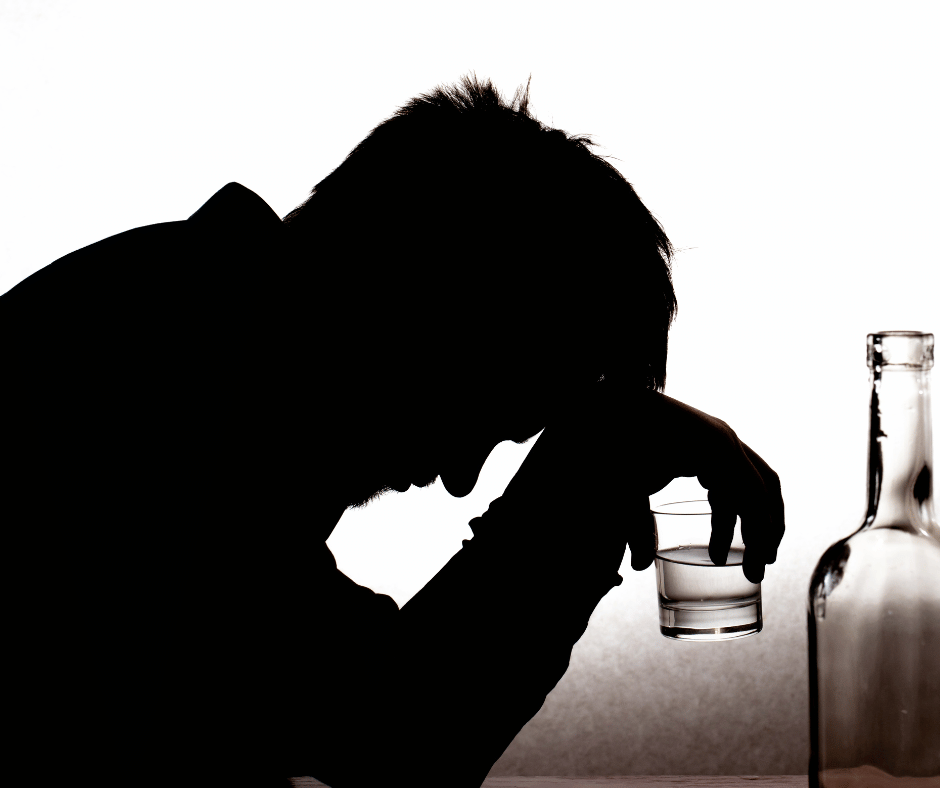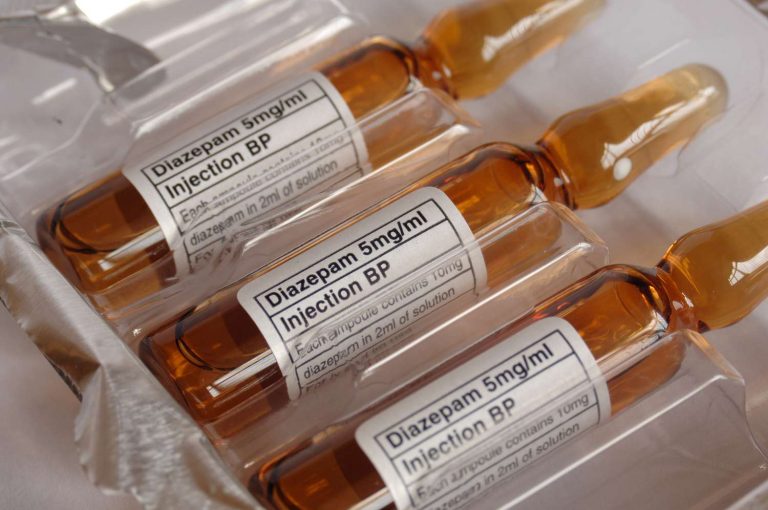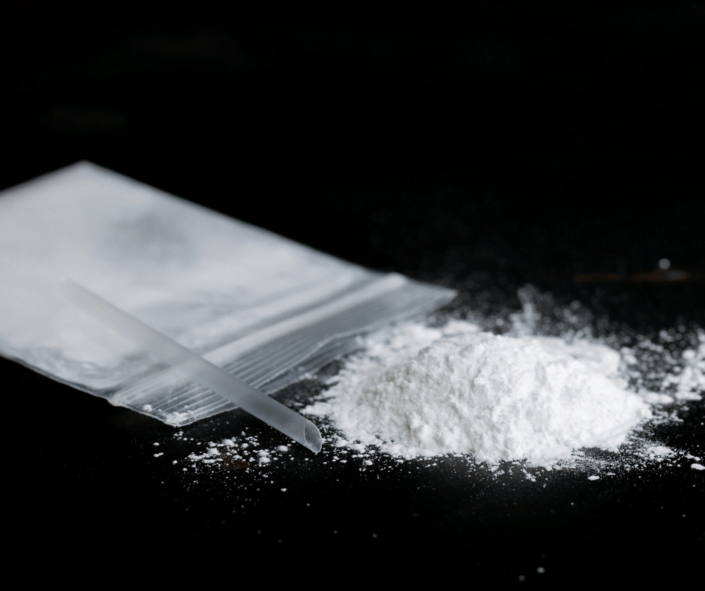
Delirium tremens is the most powerful symptom of alcohol withdrawal. Translated directly from latin, the term means “a trembling frenzy”. Today, it is more commonly referred to as the alcohol shakes, or alcohol withdrawal shakes. Most medical professionals describe it as a medical emergency because of its life-threatening symptoms.
What is Delirium Tremens?
This condition is a direct result of suddenly stopping heavy alcohol consumption. It is most common in individuals who suffer from alcohol use disorder. DTs usually start between one and three days after the last drink. They reach their peak intensity after about five days after stopping.
Key signs of delirium tremens are:
- Agitation
- Confusion
- Seizures
- Hallucinations
- Shakes/tremors
All of these symptoms are a sign that the body and mind are having a negative reaction to the absence of alcohol, on which it has become dependent.
What are risk factors of Delirium Tremens?
Risk factors which increase the chances that an individual might experience Delirium Tremens are:
- A history of alcohol withdrawal symptoms
- Multiple instances of stopping alcohol use
- Concurrent substance use disorders
- Advancing age
- Pre-existing medical conditions such as liver or cardiovascular diseases
Issues that can occur as a result of Delirium Tremens include:
- Nutritional deficiencies
- Seizures
- Anxiety
- Depression
- Cardiovascular issues
Diagnosis
Diagnosis is usually based on a series of physical and brain examinations. The primary treatment for DT aims at reducing chaotic activity within the central nervous system through sedatives. The sedatives most commonly used are benzodiazepines. Other strategies involve managing dehydration and electrolyte imbalances with IV infusions. For long-term recovery, it is most important to address the underlying alcohol use disorder. Check out our home page for more information about how InnerLife Recovery in Marbella can help with this.
How to get rid of alcohol shakes
Stopping DTs requires moderation or complete abstinence from alcohol. If you’re taking this step though, it is very important that you do so safely and with professional guidance, such as that offered by InnerLife Recovery.
Treatment and management of alcohol shakes
Managing and treating alcohol shakes involves a combination of medication, supportive care and long-term strategies to address the underlying causes of alcohol dependence.
Medications that are used to treat delirium tremens
1. Benzodiazepines
These are the cornerstone of treatment for severe alcohol withdrawal symptoms, including shakes. Medications such as diazepam (Valium), lorazepam (Ativan), and clonazepam (Klonopin) are commonly prescribed to reduce tremors, anxiety, and the risk of seizures.
2. Anticonvulsants
In some cases, medications like gabapentin (Neurontin) and carbamazepine (Tegretol) may be used as an alternative or in addition to benzodiazepines, especially for individuals with a history of seizures.
3. Beta-Blockers and Alpha-2 agonists
Medications such as propranolol (Inderal) and clonidine can help manage some physical symptoms of withdrawal like high blood pressure and rapid heart rate, though they do not directly treat shakes.
Short-term management of alcohol shakes
1. Hydration and nutrition
Alcohol dependency often leads to dehydration and nutritional deficiencies. Intravenous fluids and supplements, such as thiamine, can help address these issues and support overall recovery.
2. Vitamin supplements
Thiamine and other B vitamins are essential to prevent Wernicke-Korsakoff syndrome, a serious brain disorder that can result from prolonged heavy drinking.
3. Monitoring and support
Continuous monitoring for complications is crucial, especially for individuals at risk of severe withdrawal symptoms. Supportive care also includes ensuring a safe environment to prevent injury during episodes of confusion or seizures.
Long-term management strategies of alcohol shakes
1. Alcohol dependence treatment programs
Engaging in alcohol dependence treatment programs is vital for long-term management. These programs offer tailored care, including counselling, support groups, and sometimes medications like naltrexone or acamprosate to reduce the desire to drink.
2. Behavioural therapies
Cognitive-behavioural therapy (CBT) and other behavioural therapies can be effective in addressing the underlying psychological aspects of alcohol dependency, helping individuals develop coping strategies to avoid relapse.
3. Support groups
Participation in support groups like Alcoholics Anonymous (AA) provides a community of individuals who share similar experiences and struggles, offering mutual support and encouragement.
4. Lifestyle changes
Encouraging a healthy lifestyle, including regular exercise, a balanced diet, and stress management techniques, can support recovery and improve overall well-being.
The treatment and management of delirium tremens as well as other withdrawal symptoms is a key step towards recovery from alcohol addiction.
Prevention and awareness: How to stop alcohol shakes
The key to stopping delirium tremens is in understanding the risks associated with heavy drinking. It is important to implement strategies to either reduce alcohol consumption or stop drinking altogether.
1. Moderate alcohol consumption
Following guidelines for moderate drinking is a preventive measure. For men, this means no more than two drinks per day, and for women, no more than one drink per day.
2. Seek professional help for alcohol dependency
For individuals struggling with alcohol dependency, professional treatment programs can offer the support and resources needed to reduce or stop alcohol consumption safely.
3. Gradual reduction
Abrupt cessation can trigger severe withdrawal symptoms, including shakes. Gradually reducing alcohol intake under medical supervision can help minimise withdrawal symptoms.
4. Awareness and education
Understanding the risks associated with heavy drinking, including the potential for developing alcohol shakes and other withdrawal symptoms, can motivate individuals to take steps toward moderation or abstinence.
5. Support systems
Engaging with support groups or therapy can provide the emotional and psychological support needed to address the root causes of alcohol dependency and develop healthier coping mechanisms.
Recovery from alcohol shakes and alcohol withdrawal with InnerLife Recovery
For individuals suffering from Delirium Tremens, professional medical care is essential for safely getting through the withdrawal stage. InnerLife Recovery offers behavioural therapies, supportive care and other longer term management strategies specifically tailored to the individual. It is important for our staff to understand and connect with you on a personal level, before we can help you.
Unlike other clinics, our focus is providing you with a kind of care that is specific just to you. This means implementing holistic recovery activities that you enjoy and avoiding certain things that you don’t like.
Our staff are also a group of professionals who are not only trained in therapeutic care, but have also suffered through their own addictions. We have “been there”, so to speak. This means that we understand your struggles on a level that most medical practitioners only understand from a professional, but not personal level.






